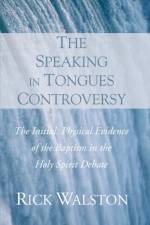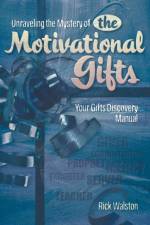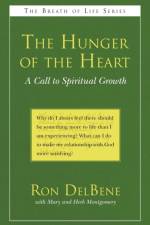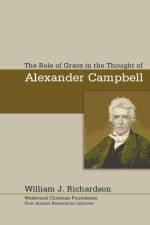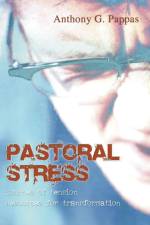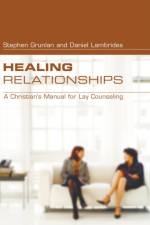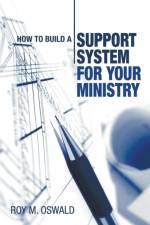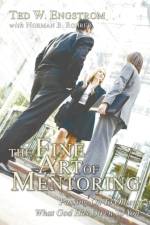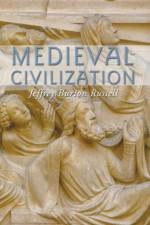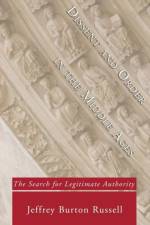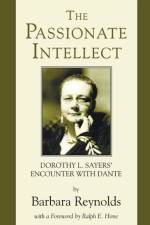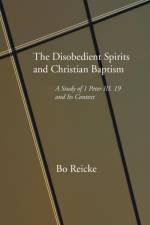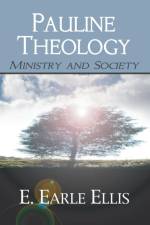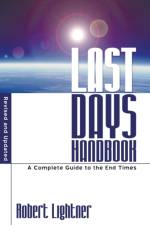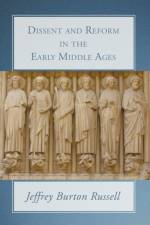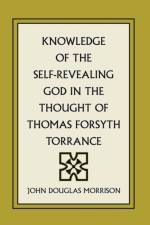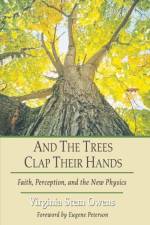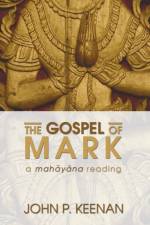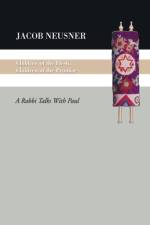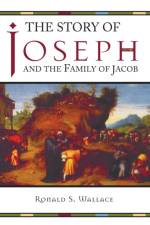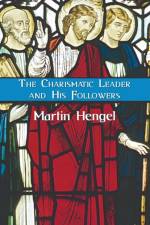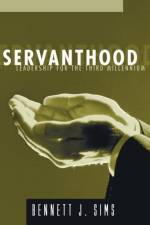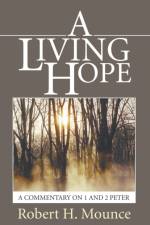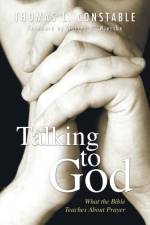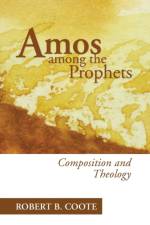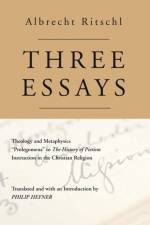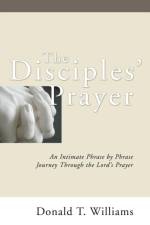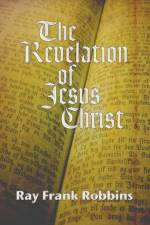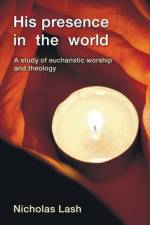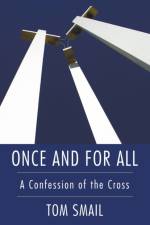av Anthony C Pappas
319,-
Tony Pappas presents a view on stress as the result of conflict between expectation and experience. He explores the creative possibilities for transformation inherent in the clergy stressors in the intrapersonal, interpersonal, role image, congregational, and environmental areas. Discover the Forces, Sources, Recourses, and Resources within stress, and receive ample help with Framing, Naming, and Taming your stress in this new Perspective. Must reading for seminarians and clergy, will also be helpful for judicatory executives in counseling their pastors.Tony Pappas has written a superb book that should be a handbook for every pastor, but also a marvelous example of the reflective practice of ministry. Drawing from the richness of his own eighteen years of experience in his present ministry as well as both contemporary and classic sources, he has given us a gift of insight, wisdom, and even humor. This is an in-depth study of the cost and joy of ministry, valuable not only for clergy, but for pastoral relations committees and judicatory staff as well.Davida Foy Crabtree, Southern California Conference Minister, United Church of Christ, Pasadena, CaliforniaTony Pappas has given us a virtual catalogue of models for understanding pastoral stress at the personal, interpersonal, role-related, congregational, and environmental levels. The stress-challenged pastor will find here not only analytical tools, but concrete practical suggestions, a diversity of resources, real life illustrations, and the wisdom of a well-informed, wrought-in-the-fire effective and faithful pastor.Tex Sample, The Robert B. and Kathleen Rogers Professor of Church and Society, Saint Paul School of Theology, Kansas City, MissouriTony Pappas'' ''Pastoral Stress'' brings essential insights and suggestions to all who practice ministry. Tony offers a searching and revealing analysis of the sources of stress that pastors face. He draws on the best insights of contemporary pastoral studies to help pastors understand the roots of pastoral stress. He offers sound, practical suggestions to resolve these stresses. The wealth of insights Tony Pappas has gained from years of service as a pastor, church consultant, and counselor is now available to enhance the ministries of all of us.Douglas Alan Walrath, Professor Emeritus of Practical Theology, Bangor Theological Seminary, Strong, MaineAnthony G. Pappas is area minister for the American Baptist Churches of Massachusetts and the editor of The Five Stones, a newsletter on small church ministry.

